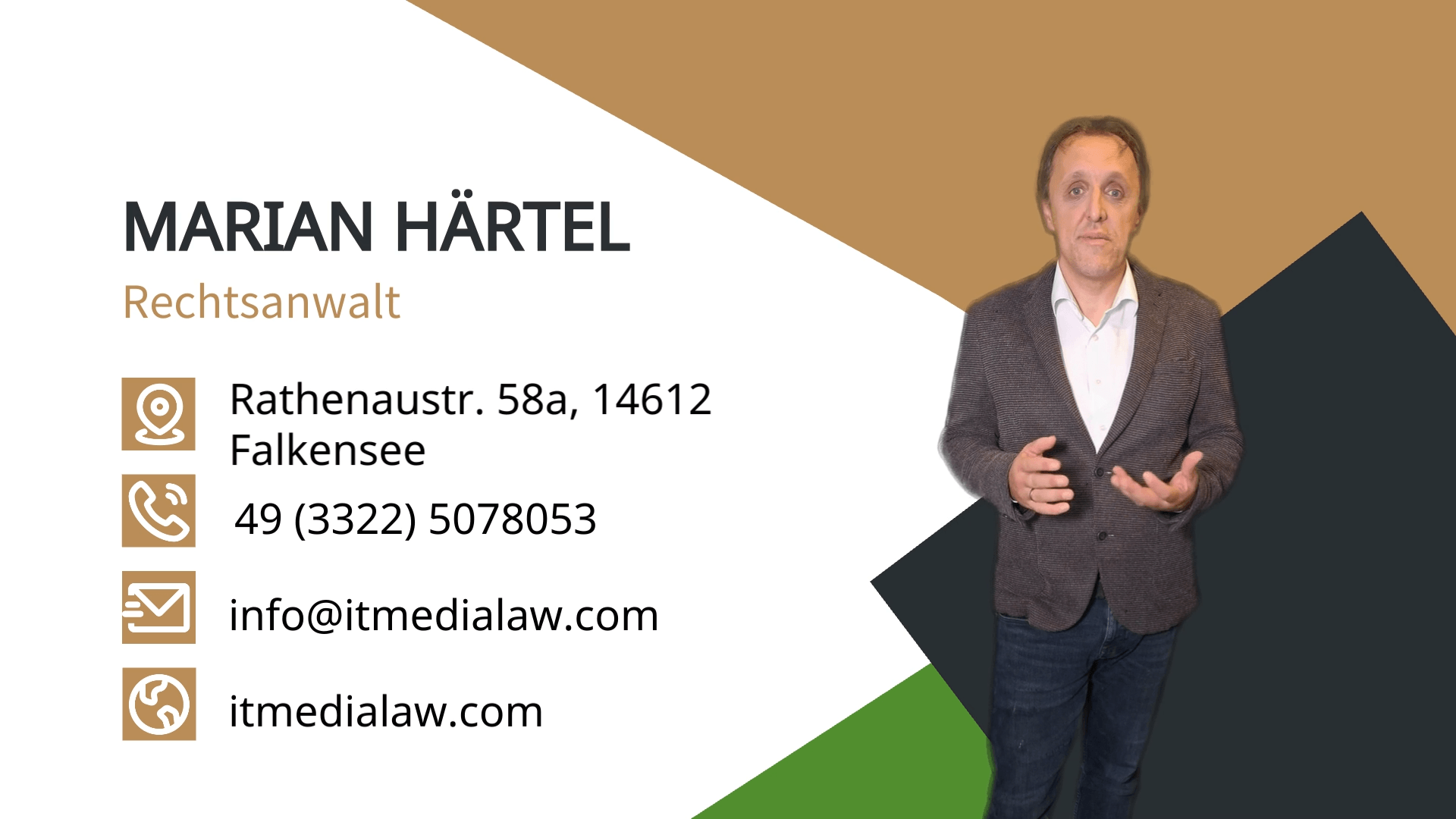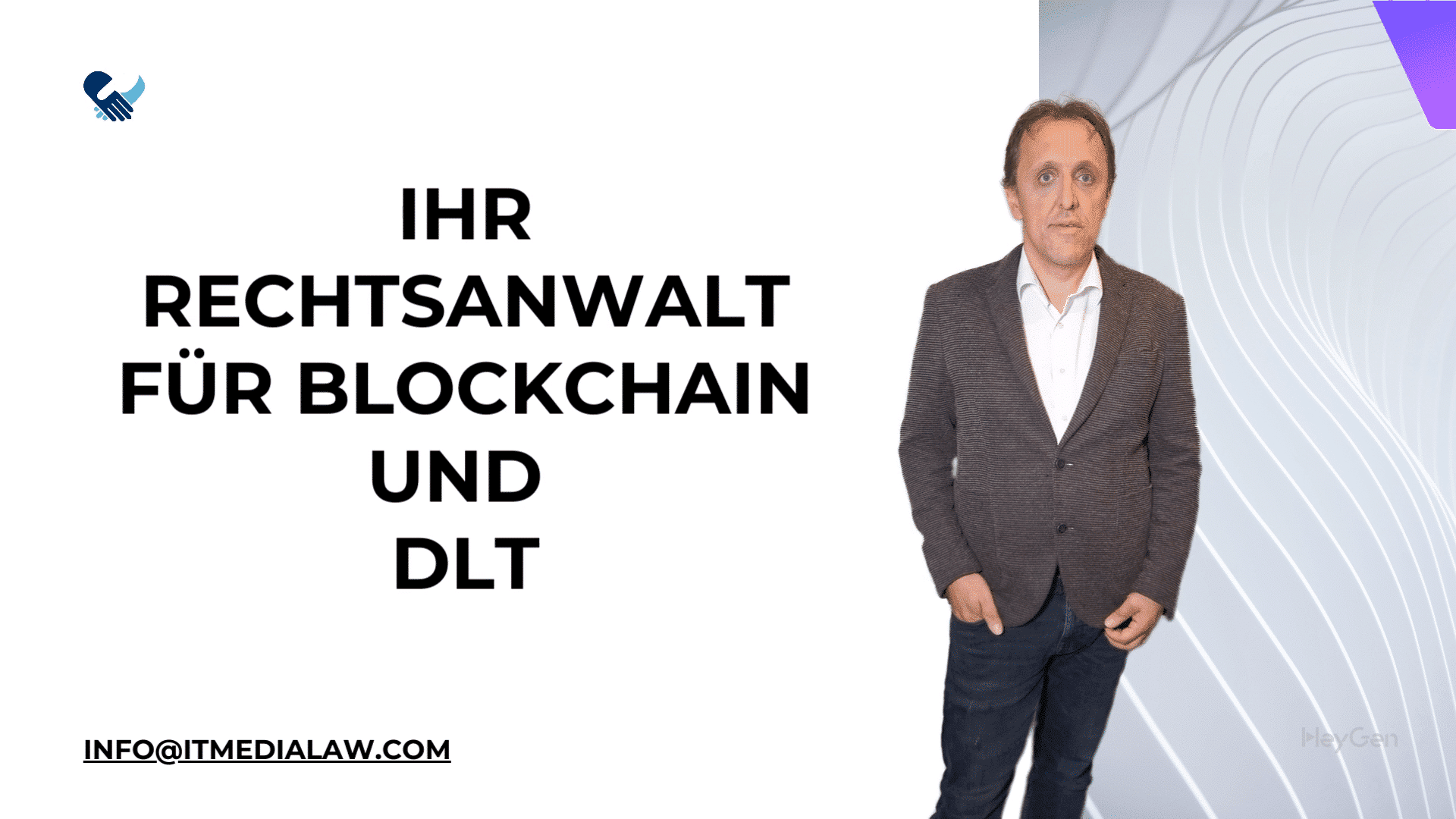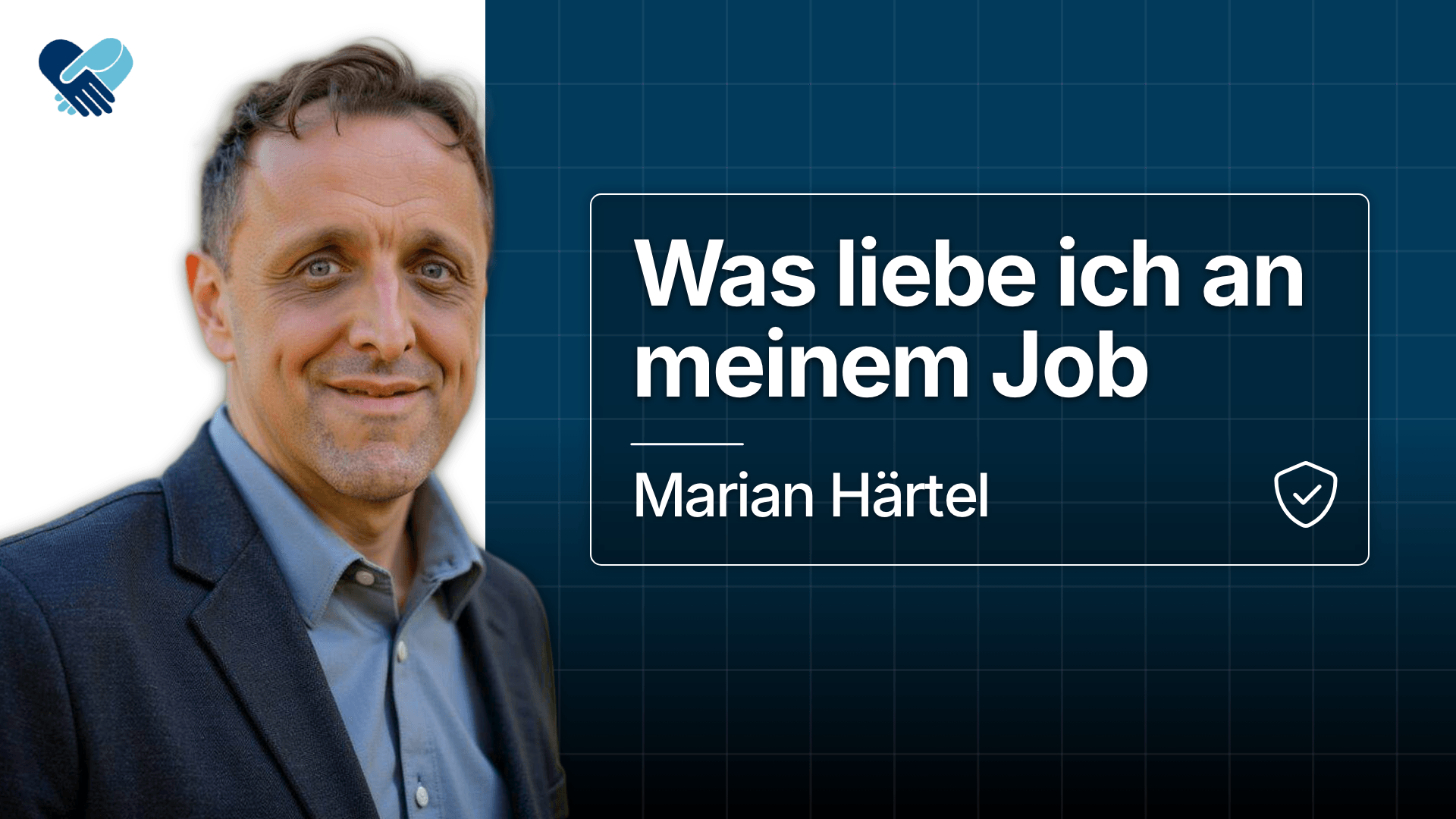Watch out, influencer agencies!
The dual representation of influencers and advertising companies can quickly become a legal minefield.
In this video, lawyer Marian Härtel explains what agencies need to look out for in order to avoid conflicts of interest and be on the safe side legally.
Clear separation of representation
The be-all and end-all is a clear separation of the representation of influencers and advertisers.
Agencies should draw up clear contracts that specify who they represent and to what extent.
This is the only way to avoid conflicts of interest.
Transparency is mandatory
Agencies must act transparently towards all parties involved.
Influencers and advertisers have a right to know if the agency is working for both sides.
This is the only way they can make an informed decision as to whether they agree with this constellation.
Internal compliance guidelines
To avoid conflicts of interest, agencies should draw up internal compliance guidelines.
These can, for example, stipulate that different employees are responsible for influencers and advertisers or that certain information may not be passed on.
## Be aware of liability risks Agencies that ignore the legal pitfalls of dual representation expose themselves to considerable liability risks.
In an emergency, there is a risk of claims for damages and the loss of customers.
Read the detailed blog post to find out how you as an influencer agency can structure dual representation in a legally compliant manner and benefit from the advantages without exposing yourself to legal risks.
Click here for the full article . Marian Härtel – your contact for all legal questions relating to influencer marketing and agency activities.












































